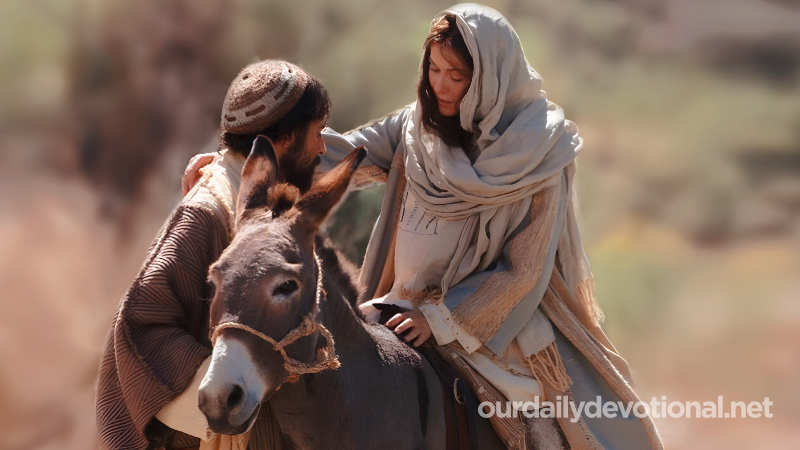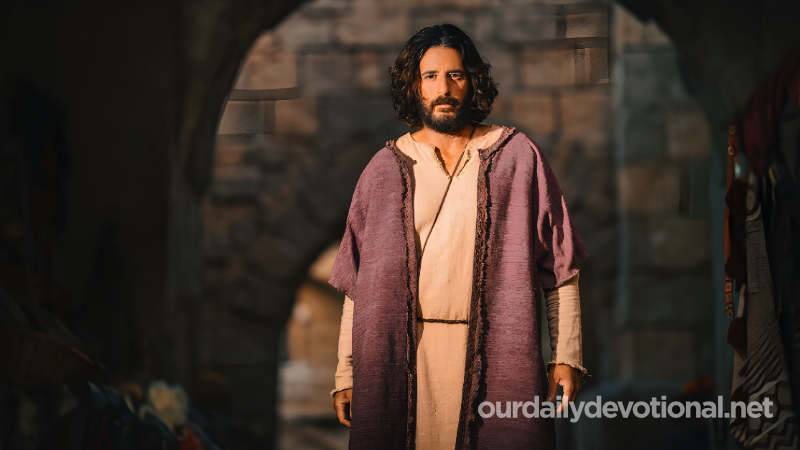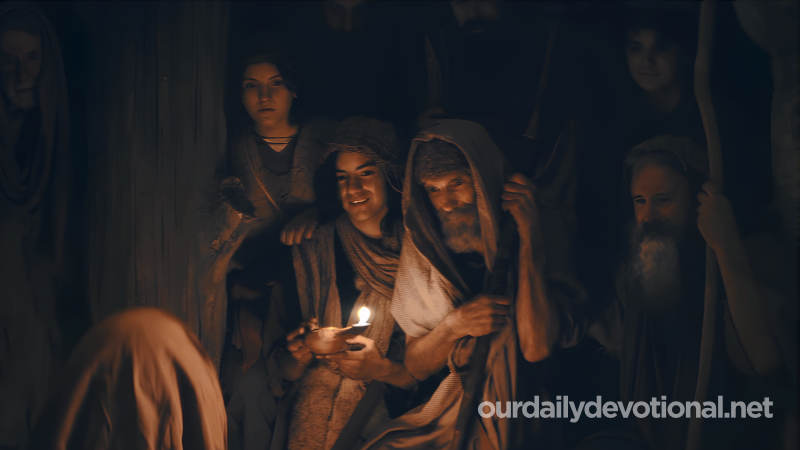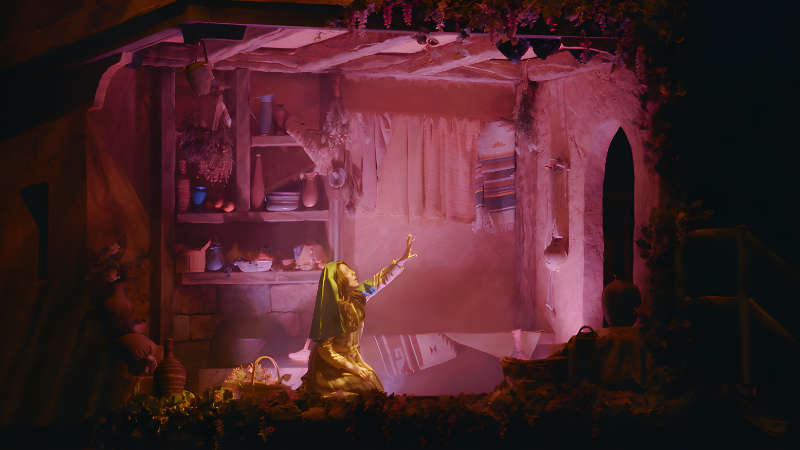The eastern hostel is not much like the hotel in western countries. The hospitality industry was not as necessary in ancient times as it is today.
Hospitality (see HOSPITALITY) was considered a duty, and travelers were received with good will (Ex. 2:20; Judges 19:1521; Acts 28:7, etc.).
The public shelter was just a shelter, intended for both people and animals. It probably resembled a modern caravanserallo: rooms for travelers, a place to store goods, and stables that surrounded a large rectangular patio, the center of which was occupied by a well.
There was no furniture; The traveler spread his cloak on the ground, and wrapped himself in his cloak, which served as a mattress and cover. He himself had to provide his own food and food for his animals.
The presence of a hotelier who sold provisions was something very unusual in those times (Lk. 10:34, 35). In ancient times, only “a place to spend the night” (Gen. 42:27; 43:21; Ex. 4:24), or “a lodge for travelers” (Jer. 9:2) is mentioned.
The first allusion to a more or less organized house seems to be found in Jer. 41:17: "And they stopped (or "dwelt", RVR '77) in the caravan of Camaam (which is on the side of Beth-lehem)" (V. M.).
Luke speaks of the inn where Mary and Joseph could not find a place (Lk. 2:7). The same term "kataluma" is found again in Mr. 14:14 and in Lk. 22:11: "Where is the room where I am to eat the Passover...?"
The term of Lk. 10:34, "pandocheion", seems to indicate a more complete facility, where an innkeeper can provide the necessary provisions and provide some care.
Meaning of INN
The eastern hostel is not much like the hotel in western countries. The hospitality industry was not as necessary in ancient times as it is today.







